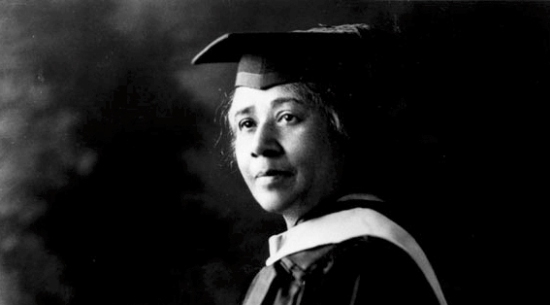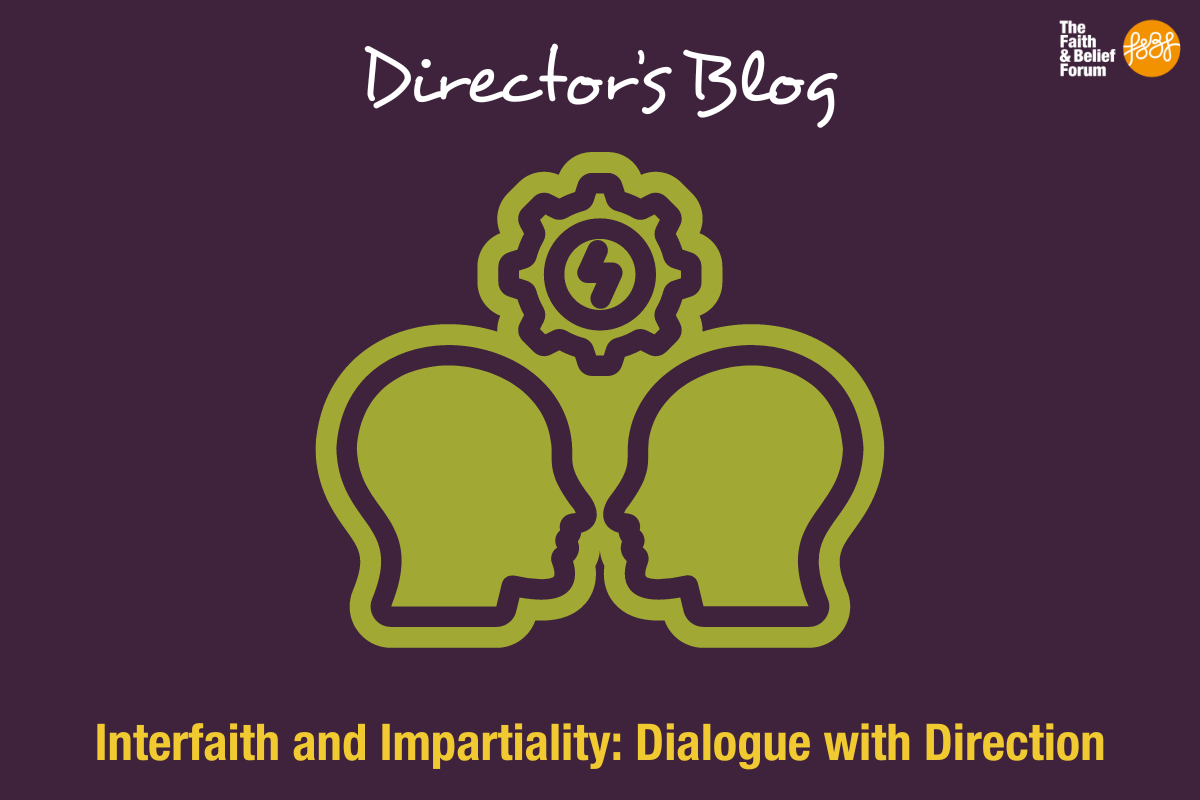
Challenging Faith Based Hate: True Stories
16 / 02 / 24
Menu

04 / 12 / 18

By Annie Nisbet
In 1892, on a train platform in North Carolina, Anna Julia Cooper was confronted with a dilemma. She stood before two dingy waiting rooms. Above the door to her left was a sign which read ‘FOR LADIES’ and above the other door in bold letters ‘FOR COLOURED PEOPLE’ was written. But which should she choose?
A century before Kimberlé Crenshaw coined the term ‘intersectionality’, this is the analogy Cooper used to help people understand the complexity of her identity. She argued that choosing between the rooms is like taking sides against the self. She flippantly described it as like ‘trying to liberate the body politic by means of a lawsuit, “Eye vs. Foot.”’
I first came across Cooper’s work while studying African American religious history at University. I was struck by how modern, in places, her writing seems. Since 1989, there has been a growing understanding of the interactions between different aspects of our identity, and intersectionality has entered mainstream discussions of faith, belief and identity. It can sometimes feel that journalists, politicians, employers, activists and faith groups have only recently ‘discovered’ these ideas. Studying Cooper, and her contemporaries such as Mary Church Terrell, Ida B. Wells, and Nannie Burroughs, was the first time I learned that these ideas had a long and distinguished history. It is crucial to recognise the, often ignored, contributions black women such as Cooper made to our own ideas and ideals.
Cooper was an activist. She campaigned for women’s suffrage and women’s rights in the crucial early stages of women’s suffrage movements. She fought for racial equality as Jim Crow laws and the rights of African Americans were being restricted, and lynching was commonplace in the South. Underlying and interacting with her activism was her faith. She explicitly stated that it is her Christianity which compels her to act against injustice, (this also made her an intense critic of clergy who were not supporting racial equality.) But she struggled in all these arenas to get her voice heard. The intersections between her faith, her race and her gender were continually overlooked by others:
The Women’s suffrage movements ignored African Americans.
The racial equality movements ignored women.
And her church ignored both.
She is disparaging of the women’s movements calling for greater rights and opportunities for women stating that they “had not calculated that there were any wives, mothers, daughters, and sisters, except white ones”. Similarly, she criticises the prominent African American activists arguing that ‘when they strike the woman question they drop back into sixteenth century logic…We might as well expect to grow trees from leaves as hope to build up a civilization or a manhood without taking into consideration our women”
As someone who wants to work as a teacher in the future, I am fascinated by the way education underpins Cooper’s work as a route to freedom. She was born a slave in 1858, North Carolina. She was educated in an Episcopal school for former slaves, where she fought to attend lessons not included on the ‘Ladies course’. She went on to become a teacher and later principal of M Street High School in Washington DC. In 1925 she became the fourth African American woman to complete a doctoral degree, when she was awarded a PhD from the University of Paris-Sorbonne.
This Black History Month, the Faith & Belief Forum explored the ways in which faith interacts with race in creating individual identity. But Anna Julia Cooper and her contemporaries were educating people since the late 19th Century about the intersections between their faith, gender and race. She struggled to explain that she did not easily fit into the categories, or waiting rooms, predetermined by society. She fought to have her experiences acknowledged. In addition, she explains that all forms of inequality are inter-dependent and this means that it is necessary to secure justice for all oppressed persons, not just a select few. In Cooper’s own words:
“The cause of freedom is not the cause of a race or a sect, a party or a class,—it is the cause of human kind, the very birthright of humanity.”

16 / 02 / 24

15 / 02 / 24

16 / 01 / 24